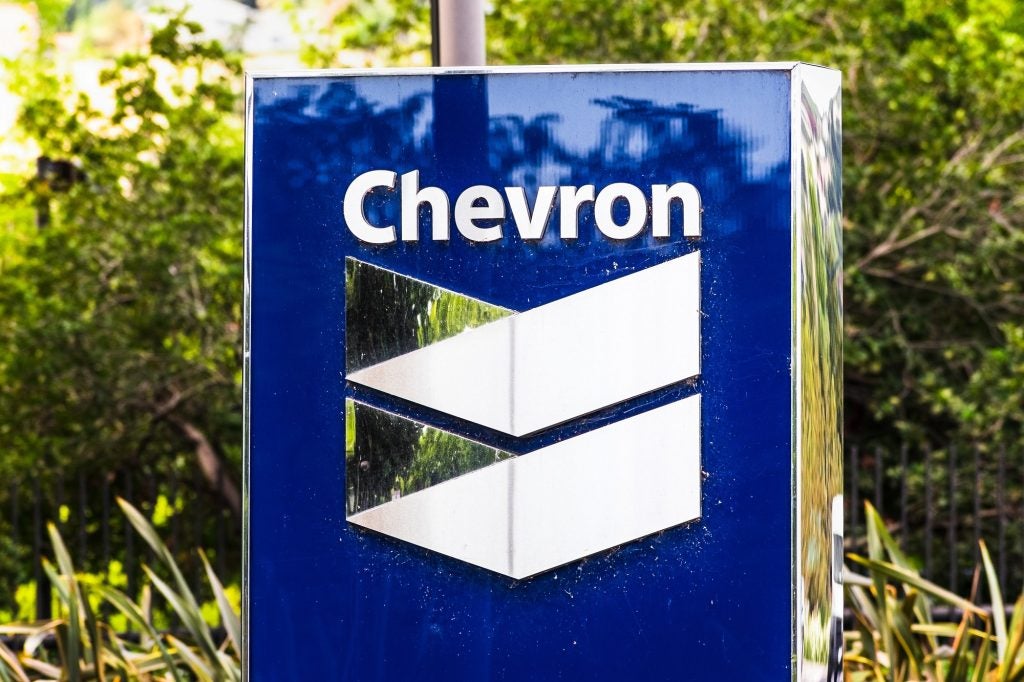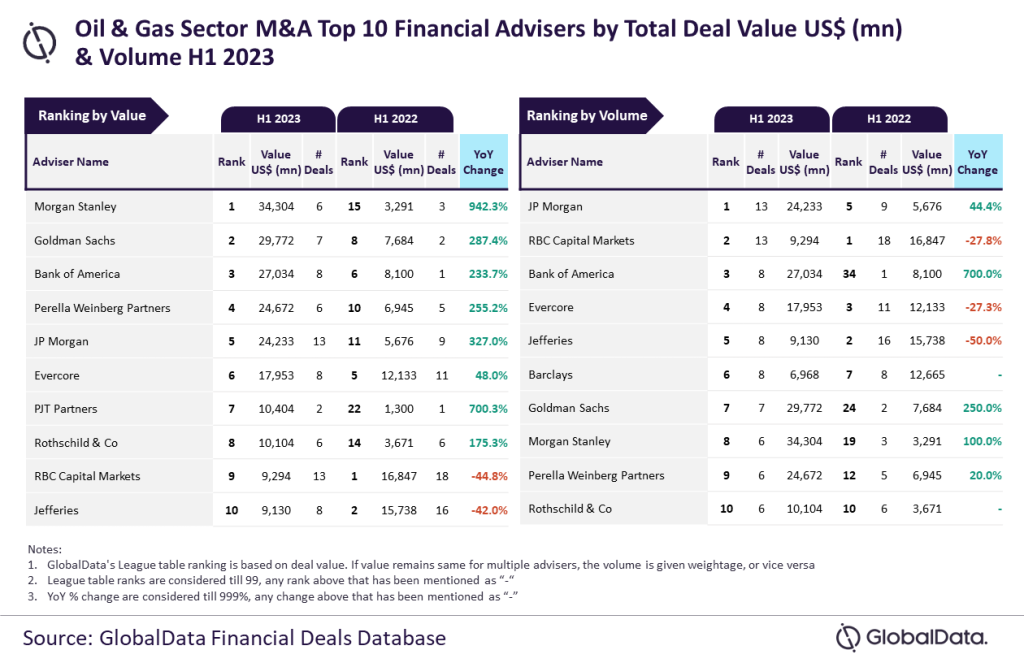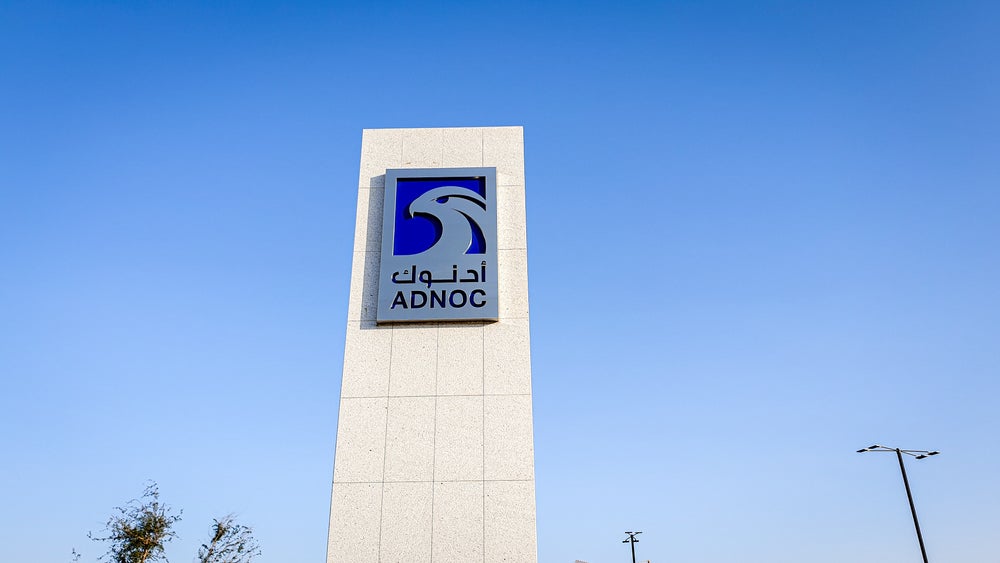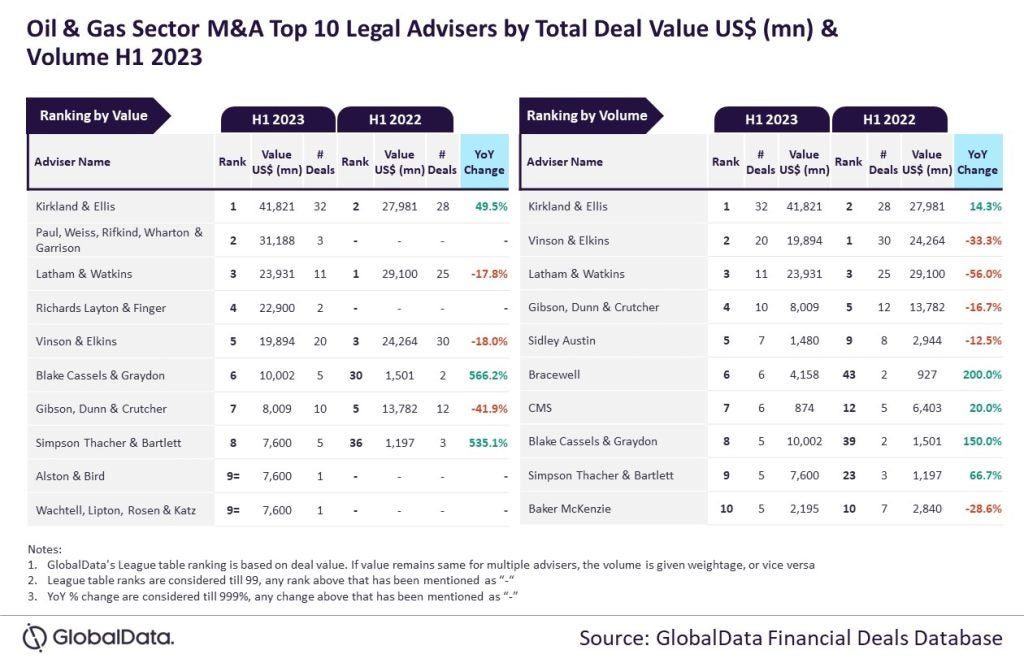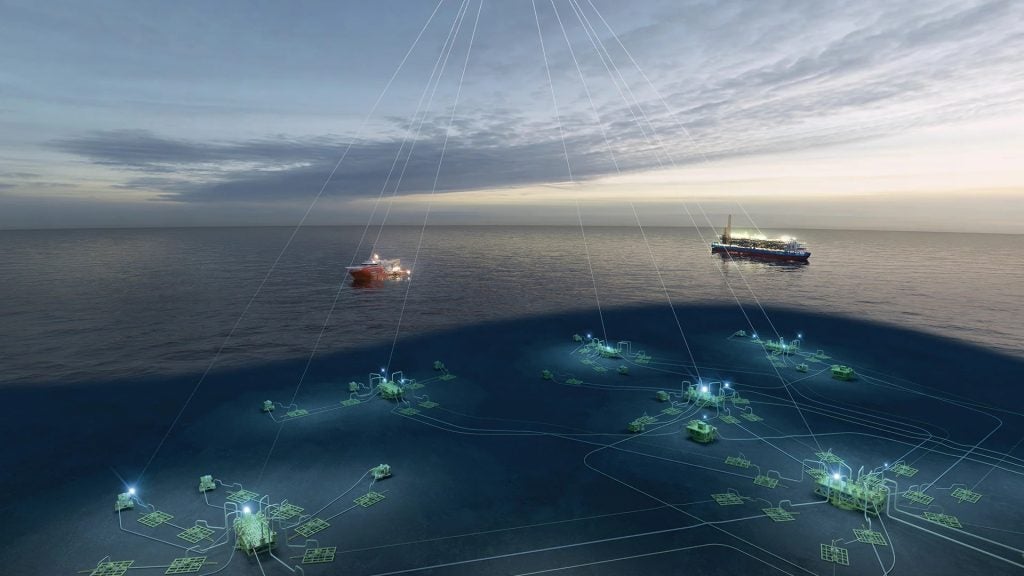Energy major Chevron has completed the acquisition of PDC Energy (PDC), a US-based shale producer, in an all-stock transaction valued at $6.3bn.
The total enterprise value of the deal, including debt, is $7.6bn.
Announcing the deal in May, Chevron said the acquisition of PDC gives it access to top-notch assets that are anticipated to generate higher returns in US basins with lower carbon intensity.
Besides providing development options next to its operations in the Denver-Julesburg (DJ) Basin and low breakeven production, PDC also adds more land to Chevron's acreage in the Permian Basin, the company noted.
Specifically, the acquisition brings 275,000 net acres in the DJ Basin, which adds more than a billion barrels of oil equivalent proved reserves and 25,000 net acres in the Permian Basin.
Chevron president for Americas exploration and production Bruce Niemeyer said: “We are pleased to welcome PDC Energy into Chevron. Our companies have similar cultures, with a focus on safe and reliable operations, teaming to deliver results and benefitting the communities where we operate.
“PDC’s high-quality assets open up even greater opportunities in important US basins where Chevron already has a strong presence.”
In July 2023, Chevron agreed to sell its stake in the Ganal production-sharing contract (PSC), Rapak PSC and Makassar Straits PSC to Italian energy company Eni.
Chevron holds a 62% stake each in the PSCs for Ganal and Rapak and a 72% stake in the PSC for Makassar Straits. In the Ganal and Rapak Blocks, Eni has a 20% ownership stake.


